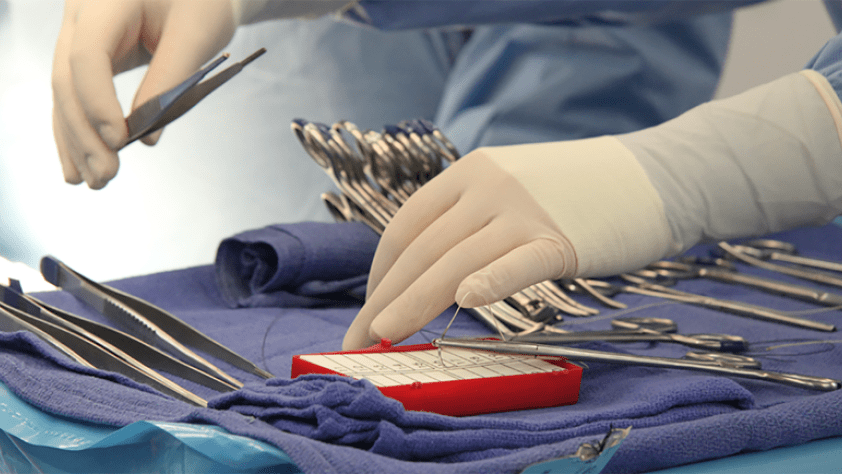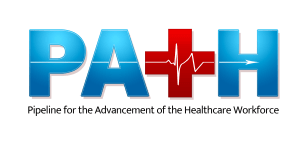
Ensuring sterile medical equipment for patient health and infection control.
In 16 weeks you can receive the needed training to sit for an exam to become a central sterile service technician, who plays a vital role in hospital and ambulatory surgery centers. For patient health and infection control, medical professionals need sterile and functioning surgical instruments. Central sterile service technicians are responsible for the decontamination, preparation, packaging, sterilization and storage, handling and distribution of reusable surgical instrumentation and sterile medical supplies. LLCC’s program includes a combination of classroom instruction and laboratory experience. Classes are offered in fall and spring semesters.
Degrees & Certs
LLCC offers the following certificate program to successfully equip you for a career as a central sterile service technician. Upon successful completion of the program, students are eligible to sit for the Sterile Processing and Distribution Technician certification exam through the Certification Board for Sterile Processing and Distribution (CBSPD) or the Certified Registered Central Service Technician examination through the International Association of Healthcare Central Service Material Management (IAHCSMM). Learn more about the courses for this program:
Job Outlook
Cost
The Central Sterile Technician program consists of two classes: HLT 109 and SGT 100.
For the 2025-2026 academic year (fall 2025, spring 2026 and summer 2026), HLT 109 has a standard tuition rate of $143.50 per credit hour for in-district residents. SGT 100 has a tuition rate of $287 per credit hour for in-district residents. Get more information on tuition and fees.
Books
Estimated costs, as of July 2025: $380
- HLT 109 textbook: $105
- SGT 100 textbook: $275
Paying for college
Learn more about cost of attendance.
There are ways to get help paying for college. Learn more about paying for college.
Support available

The Pipeline for the Advancement of the Healthcare Workforce (PATH) program provides financial and other supports for occupations within the health care field. Learn more about PATH, including support services, programs and eligibility.
Getting Started
Explore available classes in LoggerCentral.
Ready to get started?
View registration requirements below.
